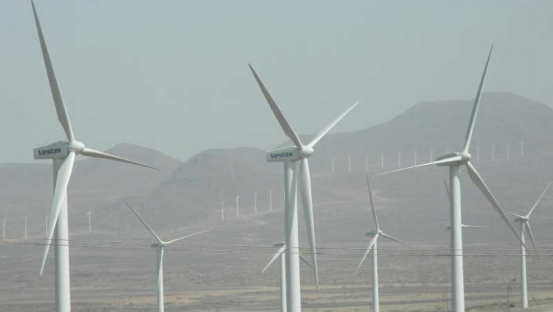×
The Standard e-Paper
Fearless, Trusted News

Construction of a high-voltage electricity line to evacuate power from a wind farm in Marsabit County might experience further delays, with the Government yet to find a contractor to replace the bankrupt Isolux Corsán of Spain.
The 428-kilometre line between Loyangalani in Marsabit and Suswa, Narok County, has stalled after the Spanish company filed for bankruptcy in July owing to heavy debt.